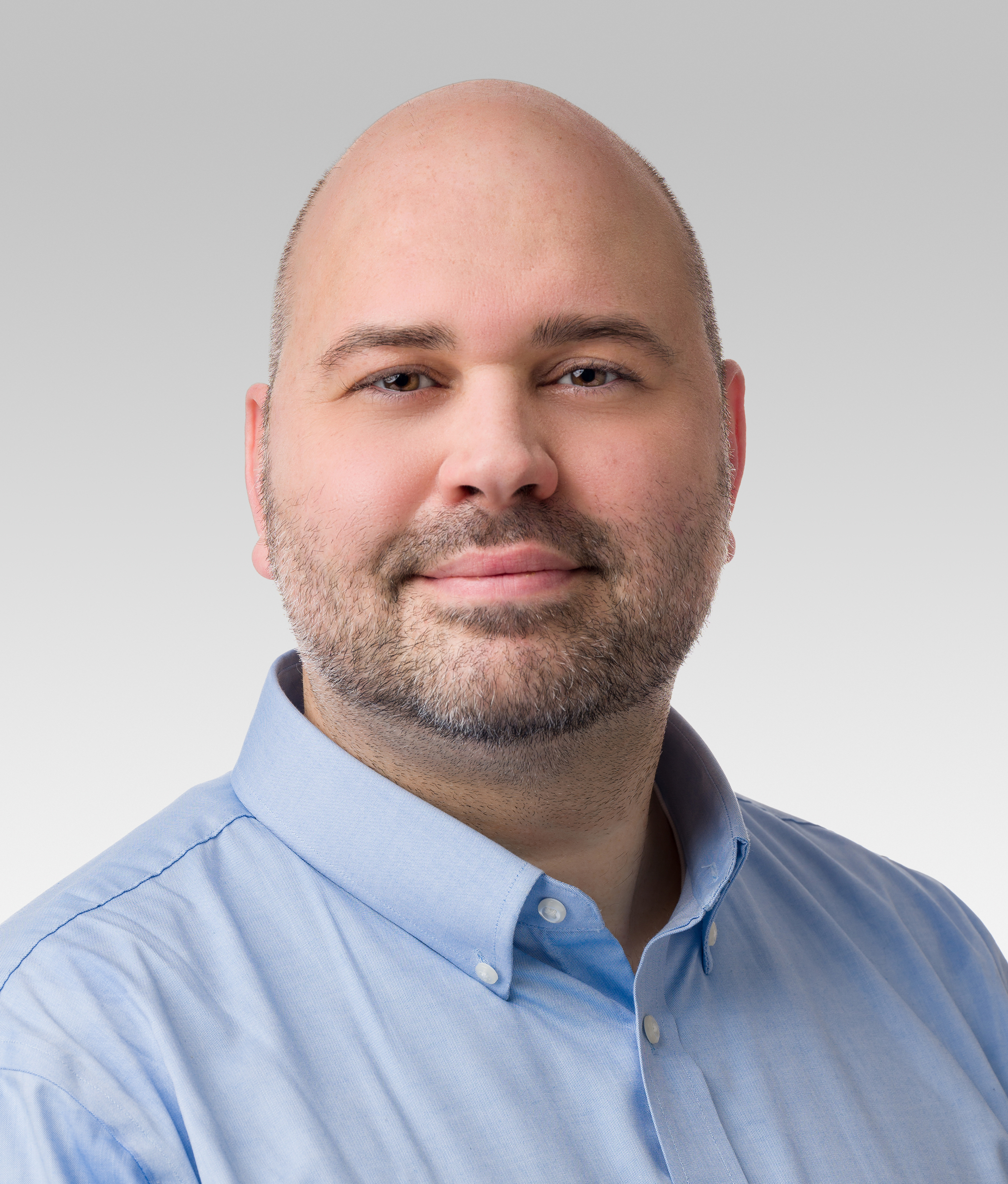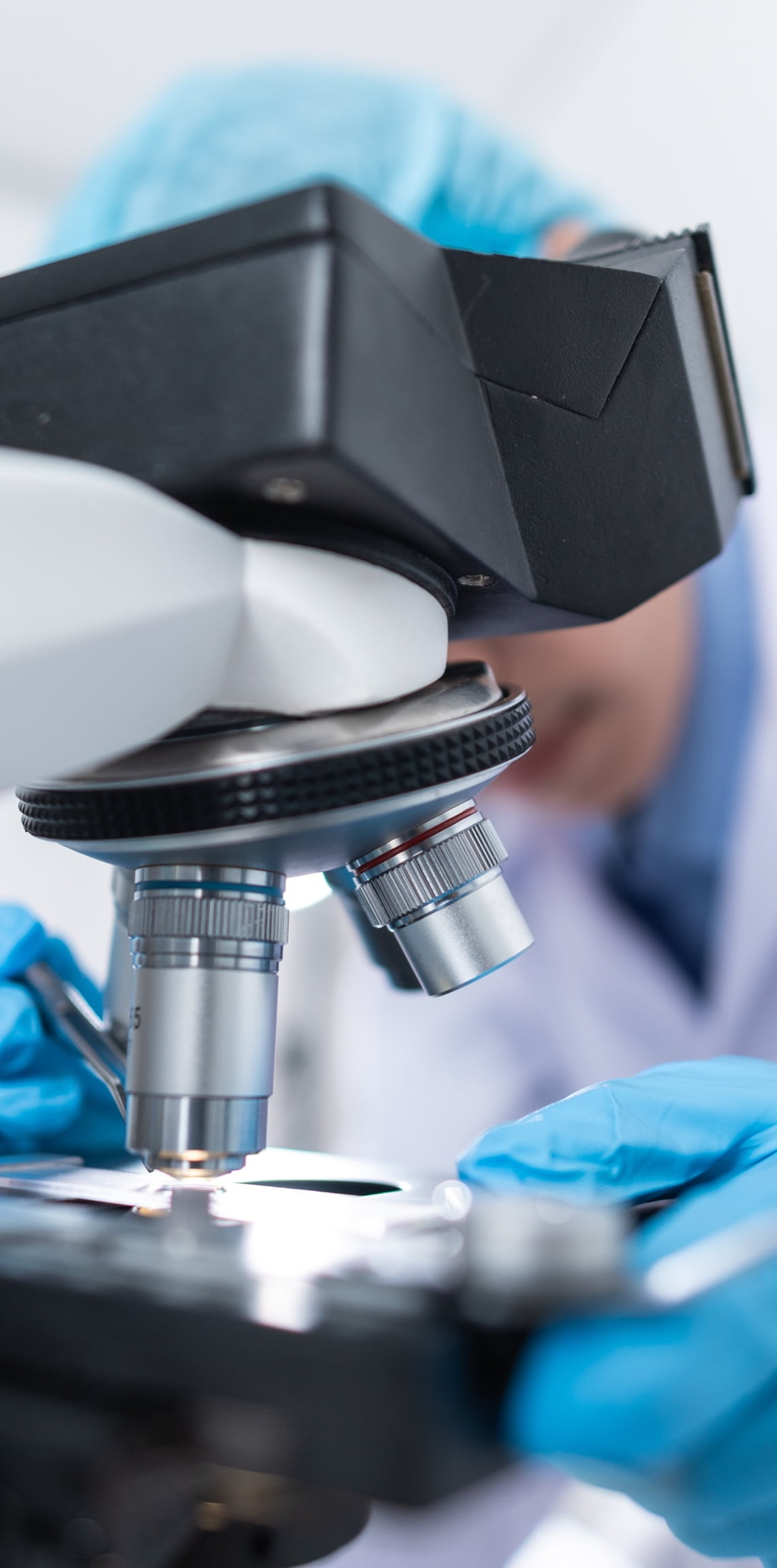JOE MAZZULLI
Dr. Joe Mazzulli earned the Toffler Scholar Award in 2021 at Northwestern University.
Biography
Dr. Joe Mazzulli grew up in a suburb right outside of Pittsburgh, Pennsylvania. Both his parents were hard workers and instilled in him the value and importance of work. His mother and father regularly assigned chores to Joe, his older brother, and younger sister to contribute to the upkeep of the house.
Joe discovered his first passion, music, at the age of six when he happened upon an old piano in the family’s basement. He started banging on the keys and, soon after, his mother signed him up for piano lessons. Joe continued to play and study the piano throughout his formative years, and continues to play today.
When he started attending high school, Joe discovered two additional areas of interest: math and biochemistry. Understanding math and biochemistry came easily to Joe, primarily because he found them so fascinating. Also, the patterns he saw in music overlapped with science and math. To him, they fit naturally together so he decided that, once he completed high school, he would study both music and biochemistry.
After graduating high school, Joe attended the University of Pittsburgh. Early in his studies, Joe signed up for Intro to Neuroscience, an elective class he’d heard great things about. This seemingly incidental choice would ultimately define the trajectory of Joe’s career: he took the class and was hooked. He added a neuroscience major to his biochemistry major and began pursuing degrees in both fields. Throughout his undergraduate years, Joe held multiple jobs to support the cost of his education, including janitorial and assembly-line positions in factories around Pittsburgh.
As he neared the end of his undergraduate education, Joe wasn’t sure whether he wanted to go to graduate school or medical school. So he started working as a technician in a neurobiology lab at the University of Pittsburgh. He already knew that he loved lab work, but witnessing the principal investigator’s passion for the research they were doing opened Joe’s eyes to how exciting the work could be.

During this same time, Joe applied for and received a travel grant to study abroad. This enabled him to take an intensive course in neurodegeneration at Japan’s prestigious RIKEN Brain Science Institute (RIKEN BSI). The topic fascinated him and, while at RIKEN BSI, he learned that the University of Pennsylvania was doing extensive work in the field. He applied and was accepted to the university’s graduate program, where he continued his studies in neurodegeneration.
While completing his PhD, Joe began researching neurodegeneration processes in disorders like Parkinson’s and Alzheimer’s disease. He wanted to understand how a protein can convert from its normal shape into a pathogenic or aggregated shape that ultimately leads to cell death. If there were a way to prevent, slow, or even halt this process, Parkinson’s and similar neurodegenerative diseases could conceivably be eradicated.
Joe authored his graduate thesis on the topic and, after earning his PhD and completing his postdoctoral studies, he opened his own lab at Northwestern University to further his research.
“The impact of Induced pluripotent stem cell (iPSC) modelling on research is profound. For example, iPSC is being used to explore cell-based regenerative therapies. In Alzheimer's disease or Parkinson's disease, the cells a patient loses do not come back. But if we had the ability to introduce a cell that could replenish that population, the therapeutic benefits would be astounding.”
– Dr. Joe Mazzulli

BIOGRAPHY
Dr. Joe Mazzulli grew up in a suburb right outside of Pittsburgh, Pennsylvania. Both his parents were hard workers and instilled in him the value and importance of work. His mother and father regularly assigned chores to Joe, his older brother, and younger sister to contribute to the upkeep of the house.
Joe discovered his first passion, music, at the age of six when he happened upon an old piano in the family’s basement. He started banging on the keys and, soon after, his mother signed him up for piano lessons. Joe continued to play and study the piano throughout his formative years, and continues to play today.
When he started attending high school, Joe discovered two additional areas of interest: math and biochemistry. Understanding math and biochemistry came easily to Joe, primarily because he found them so fascinating. Also, the patterns he saw in music overlapped with science and math. To him, they fit naturally together so he decided that, once he completed high school, he would study both music and biochemistry.
After graduating high school, Joe attended the University of Pittsburgh. Early in his studies, Joe signed up for Intro to Neuroscience, an elective class he’d heard great things about. This seemingly incidental choice would ultimately define the trajectory of Joe’s career: he took the class and was hooked. He added a neuroscience major to his biochemistry major and began pursuing degrees in both fields. Throughout his undergraduate years, Joe held multiple jobs to support the cost of his education, including janitorial and assembly-line positions in factories around Pittsburgh.
As he neared the end of his undergraduate education, Joe wasn’t sure whether he wanted to go to graduate school or medical school. So he started working as a technician in a neurobiology lab at the University of Pittsburgh. He already knew that he loved lab work, but witnessing the principal investigator’s passion for the research they were doing opened Joe’s eyes to how exciting the work could be.
During this same time, Joe applied for and received a travel grant to study abroad. This enabled him to take an intensive course in neurodegeneration at Japan’s prestigious RIKEN Brain Science Institute (RIKEN BSI). The topic fascinated him and, while at RIKEN BSI, he learned that the University of Pennsylvania was doing extensive work in the field. He applied and was accepted to the university’s graduate program, where he continued his studies in neurodegeneration.
While completing his PhD, Joe began researching neurodegeneration processes in disorders like Parkinson’s and Alzheimer’s disease. He wanted to understand how a protein can convert from its normal shape into a pathogenic or aggregated shape that ultimately leads to cell death. If there were a way to prevent, slow, or even halt this process, Parkinson’s and similar neurodegenerative diseases could conceivably be eradicated.
Joe authored his graduate thesis on the topic and, after earning his PhD and completing his postdoctoral studies, he opened his own lab at Northwestern University to further his research.
“The impact of Induced pluripotent stem cell (iPSC) modelling on research is profound. For example, iPSC is being used to explore cell-based regenerative therapies. In Alzheimer's disease or Parkinson's disease, the cells a patient loses do not come back. But if we had the ability to introduce a cell that could replenish that population, the therapeutic benefits would be astounding.”
– Dr. Joe Mazzulli

Research Focus
Challenges
In neurological diseases like Parkinson’s and Alzheimer’s disease, faulty proteins accumulate and form clumps, called aggregates, within neurons. These aggregates then begin to spread from one neuron to the next, entering parts of the cell they normally do not, interfering with their mechanisms, impeding their function, and ultimately triggering cell death.
Although the specific proteins that drive the neurodegeneration process are unique to each neurological disease, they all form these aggregates. If researchers could identify and understand the mechanisms that cause protein aggregation, they can begin exploring and testing therapies to work against it.

Focus and Priorities
To research how protein aggregates cause neurotoxicity, Dr. Mazzulli is using a method called induced pluripotent stem cell (iPSC) modelling. This involves taking somatic cells from a patient who has Parkinson’s or a related disease. Dr. Mazzulli and his team then convert these somatic cells into stem cells, which they can transform into any type of cell.
For the purposes of their research, Dr. Mazzulli and his team typically use iPSC modeling to create midbrain dopamine neurons, because these are the primary cell type that degenerates in Parkinson’s disease. They are also able to create cortical neurons, which they believe are related to the dementia phenotype that occurs in Parkinson's and Lewy Body dementia.
To simplify and focus their research, Dr. Mazzulli and his team work with genetic (versus
idiopathic) forms of Parkinson’s disease. By developing iPSC models from patients who have familial-linked mutations that cause Parkinson’s disease, they can identify the initiating factor for the pathogenic process. This is not possible with idiopathic Parkinson’s disease, as it can be caused by a combination of environment and genetics, toxin exposure, brain injury, and so forth.
Once they’ve created the in vitro models, Dr. Mazzulli and his team can successfully recapitulate several features that are present in a Parkinson’s disease brain. This ability is critical to more accurately understanding the disease at the cellular level. In the past, they’ve relied solely on transgenic mouse models. While helpful, these models do not enable researchers to research, explore, and manipulate the mechanisms of a live human cell.

Benefits
In addition to studying pathogenic processes, the Mazzulli Laboratory is focused on translational neuroscience, which involves trying to fix a neuron’s broken mechanisms. The team does this by introducing into the cell proteins or genes that they think can correct the process. Their ultimate goal is to find a small molecule that could essentially act like a drug. Once discovered, this drug-like molecule could be introduced into the cell culture. The team could then enhance its activity within the cell, measure its impact, and determine if it is or isn’t correcting the process.
A target within one such pathway, called the lysosomal pathway, is looking particularly promising due to its ability to enhance a neuron’s capacity to degrade proteins. This is relevant to Parkinson’s, as protein aggregates are extremely resistant to degradation. The brain simply cannot break them down and eliminate them, which contributes to their continued accumulation and proliferation. Dr. Mazzulli and his team posit that, if they can use this pathway to essentially “turn up” the volume of lysosome, they can reduce protein aggregates. This would allow the affected neuron to recover, providing functional improvement. Achieving this is the Mazzulli Laboratory’s ultimate goal.
Karen Toffler Charitable Trust Investment
The Investment from the Karen Toffler Charitable Trust (KTCT) is enabling Dr. Mazzulli and his team to conduct early stage research that traditional funding agencies consider too high risk. Through KTCT’s support, he and his team can focus on developing and fine-tuning methodologies to test and validate their rationales around translational neuroscience and cell model mechanisms. This will be critical to advancing their research to the clinical stage, where it can garner more visibility, recognition, and support from the larger investigative community.
“Many other funding agencies are very risk averse. That's why funding from the Karen Toffler Charitable Trust is a huge benefit. It allows us to take high-risk, high-reward chances.”
– Dr. Joe Mazzulli